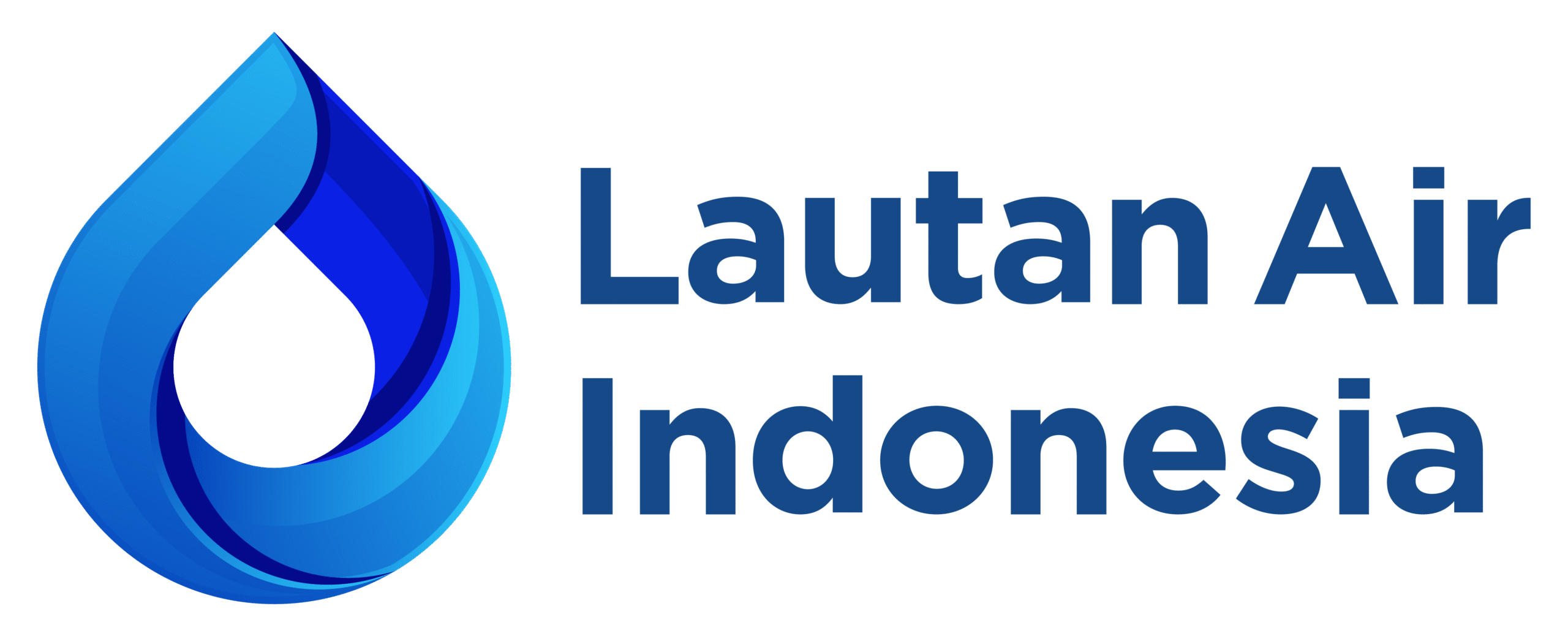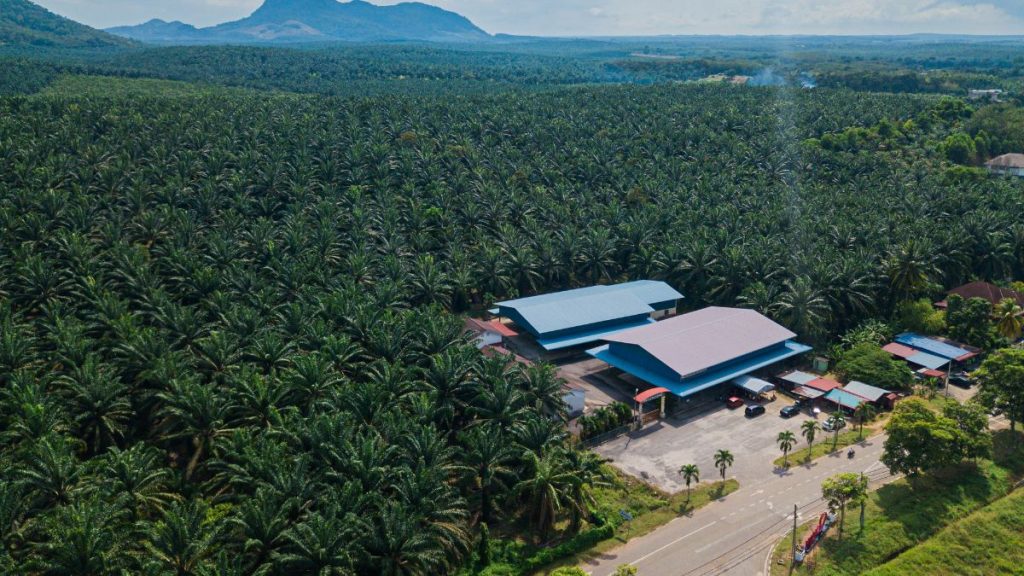In the palm oil industry, boiler systems are the backbone of operations, driving energy generation for sterilization, clarification, and other essential processes. However, one critical challenge that continuously threatens efficiency is scaling in palm oil boilers.
Left untreated, scaling not only reduces efficiency but also leads to costly downtime, higher fuel consumption, and expensive equipment repairs. For palm oil mills aiming for both profitability and sustainability, managing scaling is no longer optional, it is a necessity.
Why Scaling is a Big Issue in Palm Oil Boilers
Scaling refers to the hard mineral deposits that form on boiler tubes and internal surfaces due to impurities in feedwater. In palm oil mills, where continuous steam generation is crucial, scaling directly impacts performance and cost.
1. Reduced Heat Transfer Efficiency
Scale acts as an insulating layer, preventing effective heat transfer from combustion gases to the water inside the boiler. Even a thin layer of scale (1 mm) can decrease heat transfer efficiency by up to 10–15%. This means the boiler must consume more fuel to produce the same amount of steam.
2. Increased Fuel Costs
Since boilers need to burn more biomass, diesel, or other fuels to compensate for reduced efficiency, operational costs surge. In an industry where margins are tight, this can represent significant financial losses over time.
3. Boiler Tube Overheating and Damage
Scale accumulation forces the metal tubes to operate at higher temperatures. This can lead to tube warping, cracking, or rupture. In severe cases, unplanned shutdowns may occur, causing extended downtime in the mill’s production.
Read Also: Scaling and Corrosion in Boilers: A Hidden Threat to Face
4. Reduced Boiler Lifespan
Persistent scaling accelerates wear and tear. Instead of running efficiently for decades, boilers may need expensive repairs or replacements after only a few years.
5. Environmental and Compliance Risks
Higher fuel consumption due to scaling also increases greenhouse gas emissions. For mills striving to meet environmental regulations or corporate sustainability targets, unmanaged scaling becomes a compliance risk.
In short, scaling is not just a maintenance issue. It directly affects profitability, safety, and sustainability in palm oil operations.
Causes of Scaling in Palm Oil Boilers
To effectively control scaling, it is important to understand why it happens in the first place. Several factors contribute to Scaling in Palm Oil Boilers:
1. High Hardness in Feedwater
The main cause of scaling is hardness, primarily calcium and magnesium ions dissolved in feedwater. When water is heated, these ions precipitate out as insoluble salts (calcium carbonate, magnesium hydroxide) and adhere to boiler surfaces.
2. Poor Water Treatment Practices
Without proper water treatment, impurities such as silica, iron, and other dissolved solids accumulate in the system. These compounds either form scale themselves or interact with hardness to create complex, stubborn deposits.
3. Inconsistent Monitoring of Water Quality
Many palm oil mills still rely on manual testing methods that may not provide real-time data. If hardness levels suddenly increase, operators may not detect it until scale has already formed.
4. Inadequate Blowdown Practices
Blowdown, the process of removing concentrated water from the boiler, is crucial to control dissolved solids. Inadequate or irregular blowdown allows impurities to reach levels that accelerate scale formation.
Read Also: How to Reduce Boiler Blowdown for Operational Efficiency?
5. High Make-Up Water Usage
In systems with high leakage or losses, more raw water (make-up water) is added. If this water is not properly treated, hardness and other impurities quickly overwhelm the system, causing accelerated scaling.
How to Solve Scaling in Palm Oil Boilers
While scaling is a serious challenge, it is entirely manageable with the right approach. Palm oil mills can prevent and control scaling through a combination of monitoring, treatment, and proactive maintenance.
1. Hardness Detection and Monitoring
The first line of defense against scaling is continuous monitoring of hardness in boiler feedwater. Lautan Air Indonesia provides a Hardness Detector that gives an instant alert if hardness exceeds 1 ppm. This real-time detection allows operators to take immediate corrective actions before scaling begins.
Benefits of Hardness Detection:
- Prevents undetected scaling risks
- Optimizes chemical dosing levels
- Reduces manual testing errors
- Ensures compliance with boiler water quality standards
2. Proper Water Softening and Pretreatment
Before water even enters the boiler, hardness should be removed through softening systems or advanced ion exchange technologies. This step ensures that calcium and magnesium ions do not enter the boiler where they can precipitate as scale.
Solutions Include:
- Ion exchange softeners
- Reverse Osmosis (RO) for high purity needs
- Filtration systems to remove suspended solids
3. Chemical Treatment
The use of scale inhibitors and conditioning chemicals is essential for keeping boilers clean. These chemicals either prevent scale-forming ions from crystallizing or modify their structure so they form sludge instead of hard deposits, which can then be removed by blowdown.
Typical Chemicals Used:
- Phosphates
- Polymers
- Chelants
4. Optimized Blowdown Programs
Regular and properly managed blowdown removes concentrated dissolved solids before they can form scale. Automated blowdown control systems can be implemented to maintain water chemistry within safe limits.
5. Preventive Maintenance and Inspections
Routine inspections of boiler tubes and heat exchange surfaces help detect early scaling signs. Preventive cleaning, descaling, and system flushing can extend boiler life and efficiency.
6. Training and Operational Excellence
Operators must be trained to understand scaling risks and how to respond quickly to water quality alarms. With the right knowledge and tools, mills can prevent minor issues from becoming costly breakdowns.
Conclusion
Scaling in Palm Oil Boilers is one of the most critical challenges faced by palm oil mills today. It reduces efficiency, increases costs, damages equipment, and creates environmental risks. The main culprit is water hardness, but with the right tools such as LAI’s Hardness Detector and comprehensive treatment programs, scaling can be effectively controlled.
Partnering with Lautan Air Indonesia means gaining access to real-time hardness monitoring, tailored water treatment chemicals, reliable equipment, and professional service support. These solutions are designed to keep your boilers running efficiently and sustainably.
Take control of scaling today. Contact Lautan Air Indonesia to discover how our expertise and solutions can safeguard your palm oil boilers and maximize your plant’s performance.



